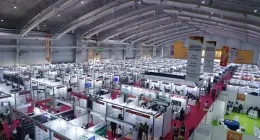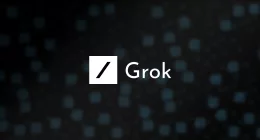Cab aggregation startups, especially Ola and Uber, operating in India have been caught in a tumultuous battle with the government for the past couple of months. The reason for the same being a difference in outlook towards surge pricing and other practices followed by the cab aggregation businesses.
But, the government is aggressively working on finalizing the specifics of the operational rules for the aggregators in the country. These rules will provide some much-needed clarity to the current uncertainty faced by primary aggregators, Ola and Uber, in the country.
In a rough draft of guidelines suggested by the government, the cab aggregators were required to install a mechanical meter within their cabs to continue operations in the country. The authorities had their doubts over the aggregator’s fare calculation practices and wanted to install said hardware to curb the same. But, it now seems that the government is willing to forego that agenda and follow a new plan of action.
ETtech has learned that government will instruct both cab aggregation behemoths to have their fare calculation software validated from the Ministry of Electronics and Information Technology. Commenting on the same, a senior government official said,
The fare calculation mechanism for all modes of public transport are authorised by government. We need to do the same for taxi aggregators, so that their system becomes credible and there are no doubts on credibility of the software they use for calculating fares, taking into account the distance travelled and time taken.
The official, however, didn’t completely dismiss the possibility of separate mechanical fare meters making a return. Instead, he added that the union government will most likely be satisfied with the validation of the fare calculation software but the decision to include a separate meter in cabs lies in the hands of the states.
This uncertainty in country-wide guidelines for operation could further widen the rift between certain governments and cab aggregators. Uber has already tried to question the integrity of the laws set forth by the Karnataka government but lost the court decision. It has since filed for necessary applications and plans to operate according to the law. Ola, on the other hand, hasn’t faced any difficulties on this front with the government.
In addition, the guidelines are also expected to instruct cab aggregators to include state-approved traditional black and yellow taxis on their platform. This move is certainly aimed at providing equal opportunities to these cab drivers, whose business has been affected due to the ease of traveling via online cab booking platforms. And finally, the long-debated rule for capping the maximum fare which the aggregator can charge from a commuter is expected to remain.
The Tech Portal is published by Blue Box Media Private Limited. Our investors have no influence over our reporting. Read our full Ownership and Funding Disclosure →






